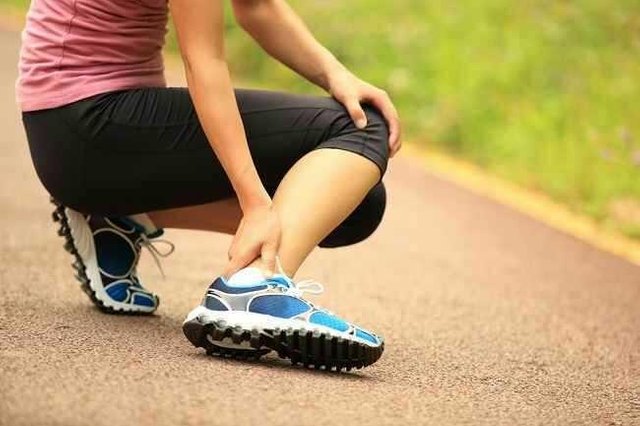Cramp Legs
Here are the various causes and risk factors for cramp legs: Mineral deficiencies such as potassium, calcium, and magnesium can invite leg cramps. Pressure against the spinal nerves can make your legs feel cramped, which can worsen as you progress. Walking with a slightly bent position forward can usually ease the pain. Inadequate blood supply. Narrowing of arteries that drain blood to your feet can cause pain, such as cramps in the leg while you're exercising. This cramp usually disappears as soon as you stop exercising. Dehydration so the body loses a lot of fluid. Pregnancy. Cramping conditions are common in pregnant women, especially during the last months of pregnancy. This possibility occurs because of lack of calcium and magnesium. Injury or excessive use of muscle. Too long sitting, standing long on a hard surface, or putting feet in an uncomfortable position during sleep can also make your leg muscles tighten or cramp. Exposed to cold temperatures, especially cold water.
Usually occurs after a shower with cold water or rain. Side effects of drugs such as the contraceptive pill, antipsychotic drugs, diuretics, statins, and steroids. Infections such as tetanus can also cause muscle spasms and cramps. Liver disease can also invite cramps in the legs. When the liver can not work properly, the toxins in the blood will increase and can create muscle cramps. Other medical conditions such as kidney disease, thyroid disease, multiple sclerosis, or blood flow problems (peripheral artery disease).
